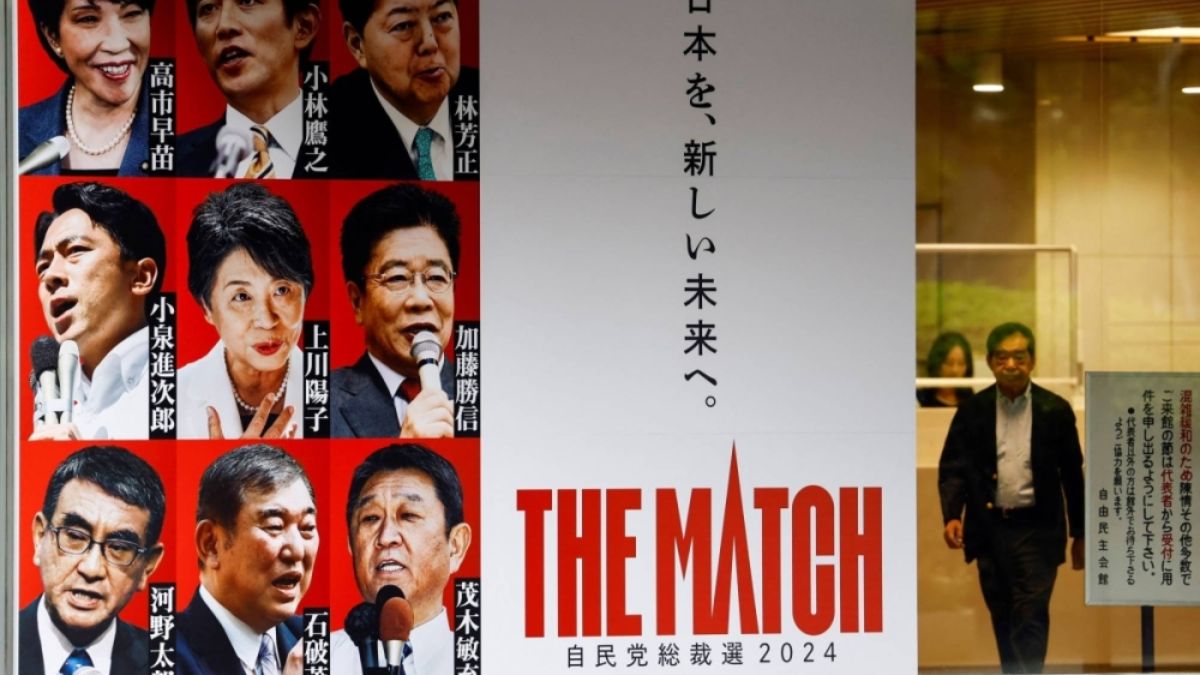The Liberal Democratic Party’s presidential election is set for Friday, with three key contenders vying for leadership in a race to determine Japan’s next prime minister.
Former LDP Secretary-General Shigeru Ishiba, 67, economic security minister Sanae Takaichi, 63, and former Environment Minister Shinjiro Koizumi, 43, have emerged as front-runners. With nine candidates in the field, a runoff between the top two is expected if no one secures a majority in the initial round. Ishiba, Takaichi, and Koizumi have garnered strong backing from the 368 LDP parliamentarians and the 368 votes from rank-and-file party members.
The vote is limited to LDP lawmakers and 1.1 million grassroots members. That’s less than 1% of the country’s eligible voters. No candidate is expected to win a majority in the first round of voting because of split votes, so the winner will probably be determined in a runoff between the top two vote-getters.
LDP leadership votes used to be determined by the party’s powerful faction leaders, but experts say that may change this time because all but one of the six factions have announced their dissolution following the party’s corruption scandals.
The vote is crucial for the LDP, which seeks a leader who can revive public support for the party after scandals that hurt Kishida’s popularity.
Experts told news agency Associated Press that this election could return to an era similar to the early 2000s, when “revolving door” leadership changes and political instability ended only with former Prime Minister Shinzo Abe’s eight-year reign.
Impact Shorts
More ShortsThis is because the new leader will lack stable backing by powerful factions.
Kishida’s three-year leadership stint followed Yoshihide Suga, who had one year in power before he was forced to resign over his unpopular handling of the COVID-19 pandemic.
With less influence from factions, the prime minister can exercise more power, but stability depends on support ratings, said Yu Uchiyama, University of Tokyo politics professor. The question is whether the next prime minister can decisively carry out political reform. A new leader will also have to deal with soaring military, child care and climate change costs, he said.
The most damaging scandal centers on the failure of dozens of the party’s most influential members to report political donations. That led to the indictment of several lawmakers, their aides and accountants. Kishida’s party has tightened political funds laws and conducted an internal investigation, but critics say the measures weren’t enough.
“I foresee a continued stagnation in the political situation, with the LDP repeatedly changing faces,” said Chiyako Sato, a political editorial writer for the Mainichi newspaper.
With inputs from agencies.


)

)
)
)
)
)
)
)
)



